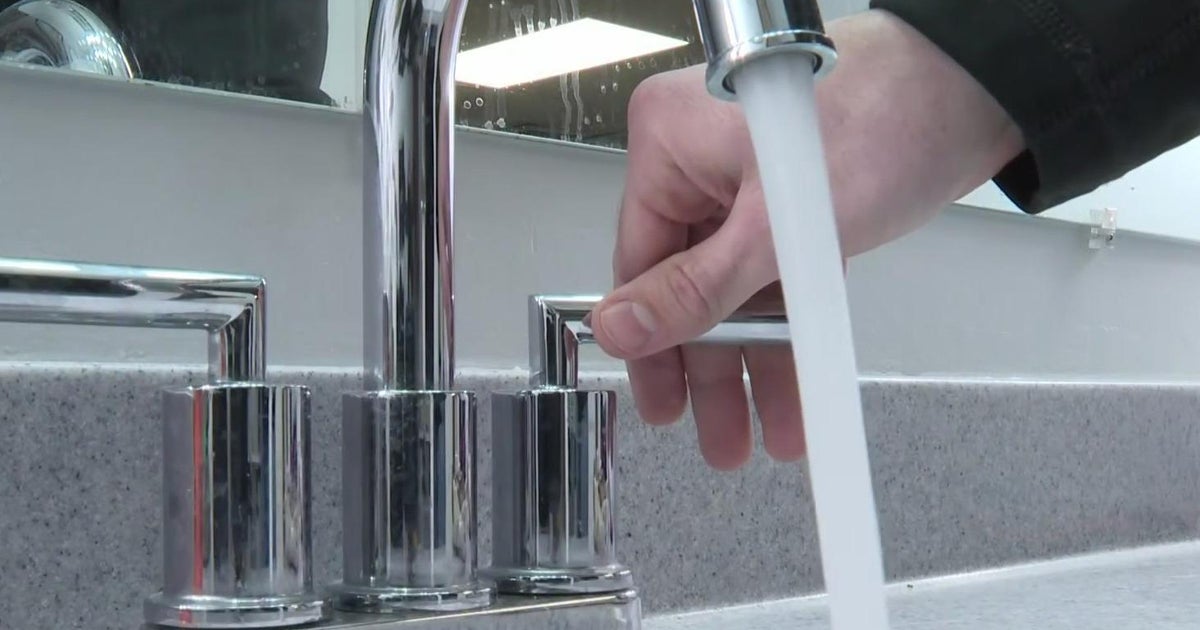Court Considers Calif. Prison Mental Health Care
SACRAMENTO, Calif. (AP) — A federal judge in Sacramento is set to hear arguments Wednesday over Gov. Jerry Brown's push to regain state control of inmate mental health care after 18 years of federal oversight and billions of dollars spent to improve treatment.
Lawyers representing the state argue that California is now providing a constitutional level of care to its prison inmates, while attorneys for the inmates say more improvement is needed.
California has spent more than $1 billion in construction for mental health facilities and increased salaries to hire more and better mental health workers. It now has more than 1,700 psychiatrists, psychologists, therapists, social workers and nurses to treat more than 32,000 mentally ill inmates, or about one specialist for every 19 patients.
"California has invested tremendous amounts of money, resources and effort to transform its prison mental health care system into one of the best in the country," the state said in one of its recent court filings.
Inmates' attorneys say the efforts so far are not enough and that more mental health facilities must be built and staffed. They also say more must be done to reduce a suicide rate that exceeds the national average for state and federal prisons.
California's prison suicide rate was 24 per 100,000 inmates in 2012. That compares to 16 per 100,000 inmates in other state prisons and the historical average of nine suicides per 100,000 inmates in federal prisons.
"The facts on the ground demonstrate that life-threatening constitutional violations are current and ongoing," the inmates' attorneys said in their court filings. "Unnecessary and avoidable pain, suffering and death result all too frequently."
U.S. District Judge Lawrence Karlton must rule by early next month under the legal process Brown set in motion in January.
Ending the lawsuit is key to the Democratic governor's attempt to lift a separate court order over prison crowding that otherwise will force the state to reduce its inmate population by nearly 10,000 by year's end.
The order, upheld by the U.S. Supreme Court in 2011, prompted the state to enact Brown's so-called realignment law, which requires lower-level offenders to serve their sentences in county jails. Since then, the population of the state's 33 adult prisons has dropped by nearly 25,000 inmates to about 119,000.
So far, the legal battle has not gone well for Brown, although he has promised to appeal any adverse rulings back to the nation's high court.
Court-appointed experts and overseers have recently said California still provides substandard care to inmates with both mental and physical illnesses, while federal judges have ruled against the state on virtually every motion they have filed.
Moreover, Karlton said last week that he may refuse to consider reports from all four of the state's mental health experts whose opinions are at the core of the state's case.
The experts said they found the 13 prisons they visited last year all provided acceptable mental health care. Attorneys representing inmates said they were not notified of the visits and were not present when their mentally ill clients were interviewed, as required by ethical standards and a previous court order.
The state responded this week that one of the state's experts "mentioned it" to one of the inmates' attorneys, and that the court-appointed special master was told that visits were planned.
Complaints of continuing poor care for mentally ill inmates were supported by letters and a sworn declaration from staff psychiatrists at Salinas Valley State Prison that were filed in support of the inmates' case.
The psychiatrists work for the Department of State Hospitals, which runs the program that treats about 360 severely mentally ill inmates at the Salinas prison. One psychiatrist last week called for a federal investigation, saying all nine psychiatrists are leaving the program.
Department spokeswoman Kristy Fortes said she could not immediately comment.
(© Copyright 2013 The Associated Press. All Rights Reserved. This material may not be published, broadcast, rewritten or redistributed.)



